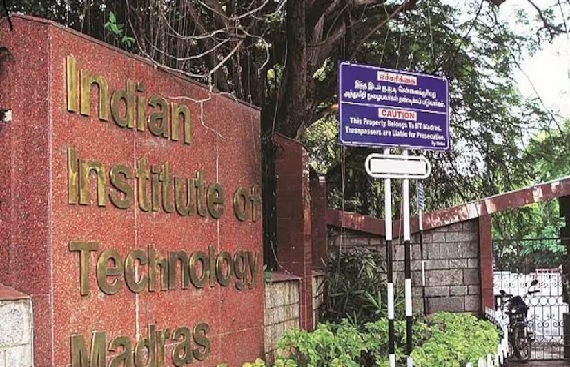IIT Madras Researchers Developed POCUS Scanner for Sports Injury Diagnosis
By
siliconindia | Tuesday, 17 September 2024, 05:47 Hrs

Indian Institute of Technology Madras researchers have developed an indigenous portable Point-of-Care-Ultrasound (POCUS) Scanner which is aimed at sports injury diagnosis and management. This research from the Center of Excellence in Sports Science and Analytics (CESSA) at IIT Madras could allow for on-field diagnosis of injuries in sports leading to immediate assessment of the extent of injury that will permit medical professionals to decide whether to permit sportsperson to continue play.
This Artificial Intelligence-powered POCUS scanner has a wide range of applications in sports medicine, and it has the benefits of safety and sufficient resolution compared to other modalities. A working POCUS prototype for Musculoskeletal (MSK) imaging, developed at the Biomedical Ultrasound Imaging Lab (BUSi) is now ready. The researchers are targeting to complete the product prototype development by 2024. Subsequently, testing and collection of pilot data from the field are also being planned in coordination with Sports Authorities.
Prof. Arun K. Thittai, Department of Applied Mechanics and Biomedical Engineering, IIT Madras, who led the team that developed this device, said, “We observed a current technological gap and a need for a Point-of-Care device for injury Management and Rehabilitation of elite athletes within routine training premises. A quick assessment for musculoskeletal on the field will help sports players get immediate attention and focus on recovery”.
Prof. Arun K. Thittai, also a Faculty Member at CESSA, IIT Madras, said, “This solution aims to bring the latest development in ultrasound technology to sports medicine beyond the hospital setting. The inputs from the POCUS assessment will be taken into the bigger AI platform for a holistic athlete management system. We are currently exploring all options to take up POCUS for MSK imaging for commercial translation”.
IIT Madras established the CESSA to become a global platform for development innovation in sports technology and delivering products and solutions to improve athlete performance and also serve general fitness and health consumers. It will also create and deliver products and solutions across media platforms and work with sporting federations and bodies to increase fan engagement.
Mr. Ramesh Kumar, the Chief Executive Officer of the Center of Excellence in Sports Science and Analytics (CESSA), IIT Madras, was a former Global Head of ESPNcricinfo.
IIT Madras, Mr. Ramesh Kumar, Chief Executive Officer, CESSA, IIT Madras, commented, “This device is one more innovative product with a complete effort focussed on indigenization, which we believe will have a huge impact in the sporting field”.
